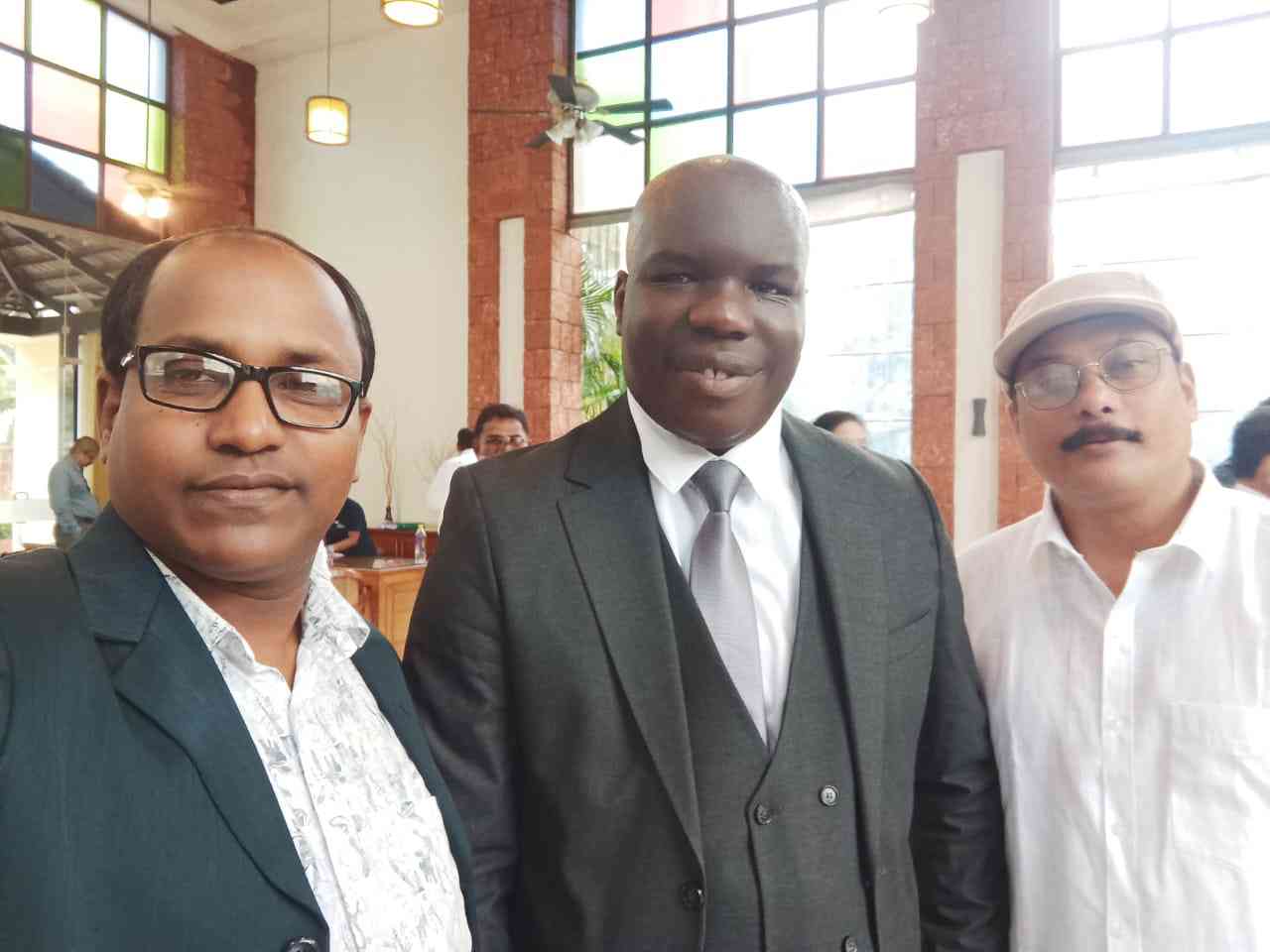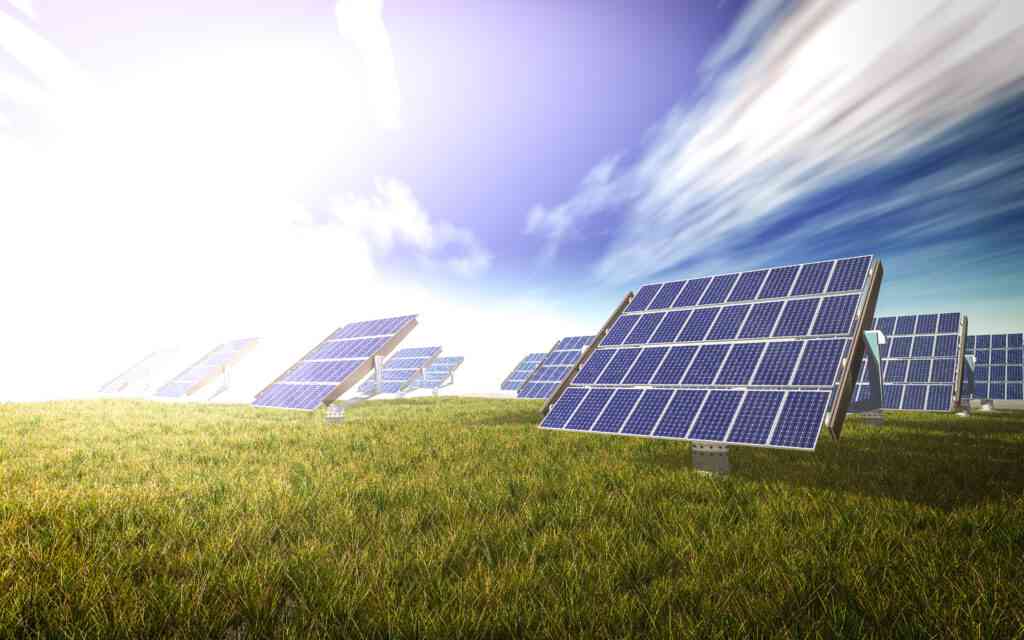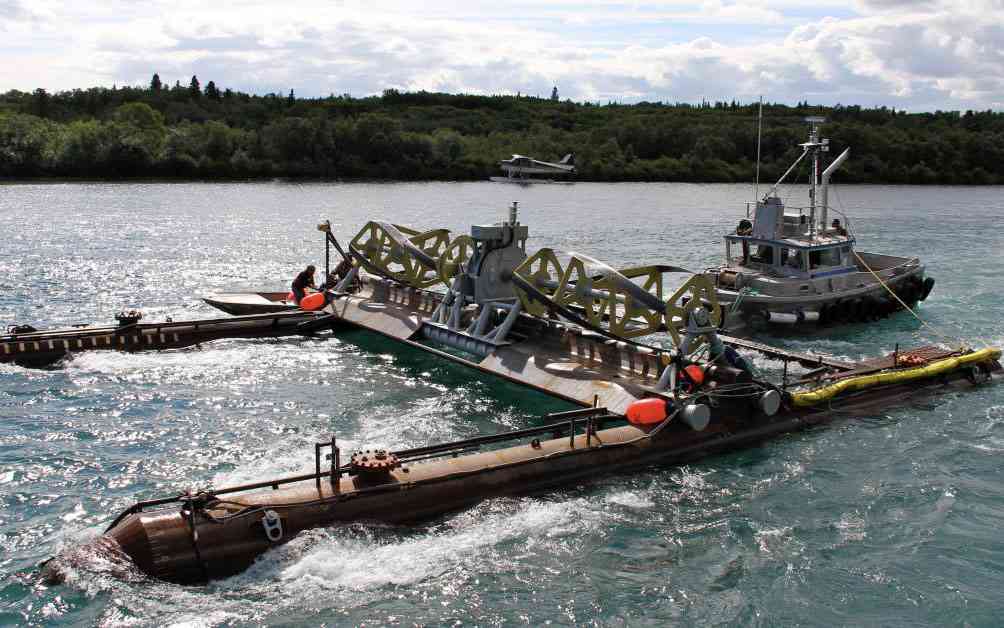
Despite the headwinds of economic instability, global inflation, and fragile supply chains, I am convinced now more than ever that Sustainable Development Goal (SDG) 7 — ensuring access to affordable, reliable, sustainable, and modern energy for all – remains within Zimbabwe’s reach. In fact, our nation’s current economic challenges should be viewed not as stumbling blocks but as catalysts for bold innovation and cross-border partnerships.
Recently, I had the opportunity to visit India — a country whose population and developmental complexity vastly exceed ours, yet, which has made enormous strides in clean energy deployment. The lessons I drew from that visit are clear: visionary leadership, decentralised thinking, and international collaboration are far more important than perfect economic conditions. Zimbabwe does not need to wait for economic utopia to build a sustainable energy future. We already have the most critical ingredient: abundant solar energy.
Energy access: The foundation of national development
Energy is not just a sector — it is a national enabler. Access to energy determines access to healthcare, quality education, information, food security, industrial productivity, and ultimately, poverty alleviation. Without reliable and affordable energy, all other sectors suffer. Yet, more than 60% of Zimbabweans, particularly in rural areas, still lack consistent access to electricity. This is not just a development failure; it is a missed economic opportunity.
What’s more disheartening is that Zimbabwe, a country blessed with high solar irradiation levels year-round, continues to suffer from power shortages, an unreliable grid, and a lack of strategic energy investments. The fact that we are importing electricity when the sun shines over 300 days a year should trouble every policymaker and private citizen alike. But this is not a time for blame. It is a time for transformation.
My experience in India: Innovation amidst adversity
While in India I toured several solar farms, micro-grid installations, and solar manufacturing plants. I met with private investors, and local energy entrepreneurs. What stood out was not just the scale of their efforts but the alignment between public policy and private sector innovation. In states like Gujarat and Tamil Nadu, rural electrification using solar mini-grids is not an experiment, it is a norm.
The Indian government has created an enabling environment where local companies are incentivised to manufacture solar panels, batteries and inverters. Technical institutions are training young engineers to design and maintain off-grid systems. Financing is accessible to startups. Most importantly, energy is seen as a national security issue, not just a development goal.
- Zim’s poor batting hands India series
- Proposed raids on grain farmers raises stink
- Wheat growers urged to increase production
- Is Zimbabwe ready for green building standards?
Keep Reading
Zimbabwe can and should adopt this mindset. We cannot continue to rely on a centralised, aging grid system that cannot meet current demand, let alone future growth. Decentralisation of energy generation must be at the core of our strategy moving forward.
Solar power is not a luxury: It’s a lifeline
In our national discourse, solar is often viewed as a “green alternative” or a solution for the elite. This mindset is flawed and dangerous. Solar is not a luxury. It is the most practical, affordable, and scalable energy solution available to Zimbabwe today.
In rural areas, a small solar-powered home system can change lives overnight — powering LED lights for children to study, a refrigerator to store medicine, a borehole pump for irrigation and a charging port for digital devices. These are not conveniences; they are necessities for human dignity and economic empowerment.
Decentralised solar energy also boosts local economies. When rural women’s cooperatives use solar dryers to preserve fruits or solar-powered machines to process grains, they increase their incomes and reduce post-harvest losses. This is grassroots industrialization, and it begins with energy access.
Overcoming investment barriers
Yes, Zimbabwe faces macroeconomic challenges. But energy projects are uniquely attractive to investors, particularly in the renewable space. They offer long-term returns, job creation, climate impact, and social transformation.
When I met with Indian investors, I realized that Zimbabwe is not viewed as a hopeless case. Rather, it is seen as an under-tapped market with immense potential. What we need are bankable energy projects, clear investment policies, and a consistent regulatory environment. Local players must also play their part by improving governance, transparency and technical standards.
We must stop waiting for “the right time” to invest in energy. The right time is now. Every day that we delay, we lose opportunities, both local and international.
Citizen-centred energy generation
The future of energy in Zimbabwe is inclusive, decentralised, and citizen-driven. Energy is not the government’s responsibility alone. Every citizen should be empowered to participate in generation, storage, and distribution.
Imagine a Zimbabwe where schools generate their own electricity through rooftop solar. Where youth cooperatives operate solar-powered irrigation schemes. Where churches install solar stations to power communities. This is not a fantasy. It is already happening in Kenya, Uganda, Nigeria, and now parts of southern India.
To replicate this success, we need enabling policies: net metering, feed-in tariffs, micro-financing for energy access, and tax breaks for solar components. We also need to demystify solar through education campaigns and technical training for rural entrepreneurs.
The role of engineers and innovators
As an engineer myself, I know the power of technical expertise coupled with national purpose. Zimbabwe’s young engineers, if trained and mobilized correctly, can build the energy systems of the future. We must invest in STEM education, support incubators for energy tech startups, and ensure local engineers take the lead in project design and maintenance.
My company, Power Giants Private Limited, is committed to mentoring young talent and creating a pipeline of solar engineers who are not just trained to install, but also to innovate. We need homegrown solutions, not imported blueprints.
Looking ahead: The vision for 2030
As we move toward Zimbabwe’s 2030 Vision of becoming an upper-middle-income country, energy will be the deciding factor. No nation industrialises without electricity. No economy becomes competitive when it is held hostage by rolling blackouts and fuel imports.
Achieving SDG 7 is not optional — it is existential. It is also achievable. If we align government strategy with private sector innovation, mobilise investment both locally and abroad, and place citizens at the center of energy generation, we can reach this goal well before 2030.
Let us not allow economic instability to define our destiny. Let us turn our challenges into a springboard for innovation. Let us lead Africa in showing that the energy transition is not a burden, but a massive opportunity for job creation, climate resilience, and inclusive growth.
The sun is our ally. The youth are our engine. And the time is now.
- Dr Engineer Edzai Kachirekwa is the Managing Director of Power Giants Private Limited. He is an energy systems expert and advocate for renewable, decentralized power solutions across Africa. He can be reached at [email protected].











